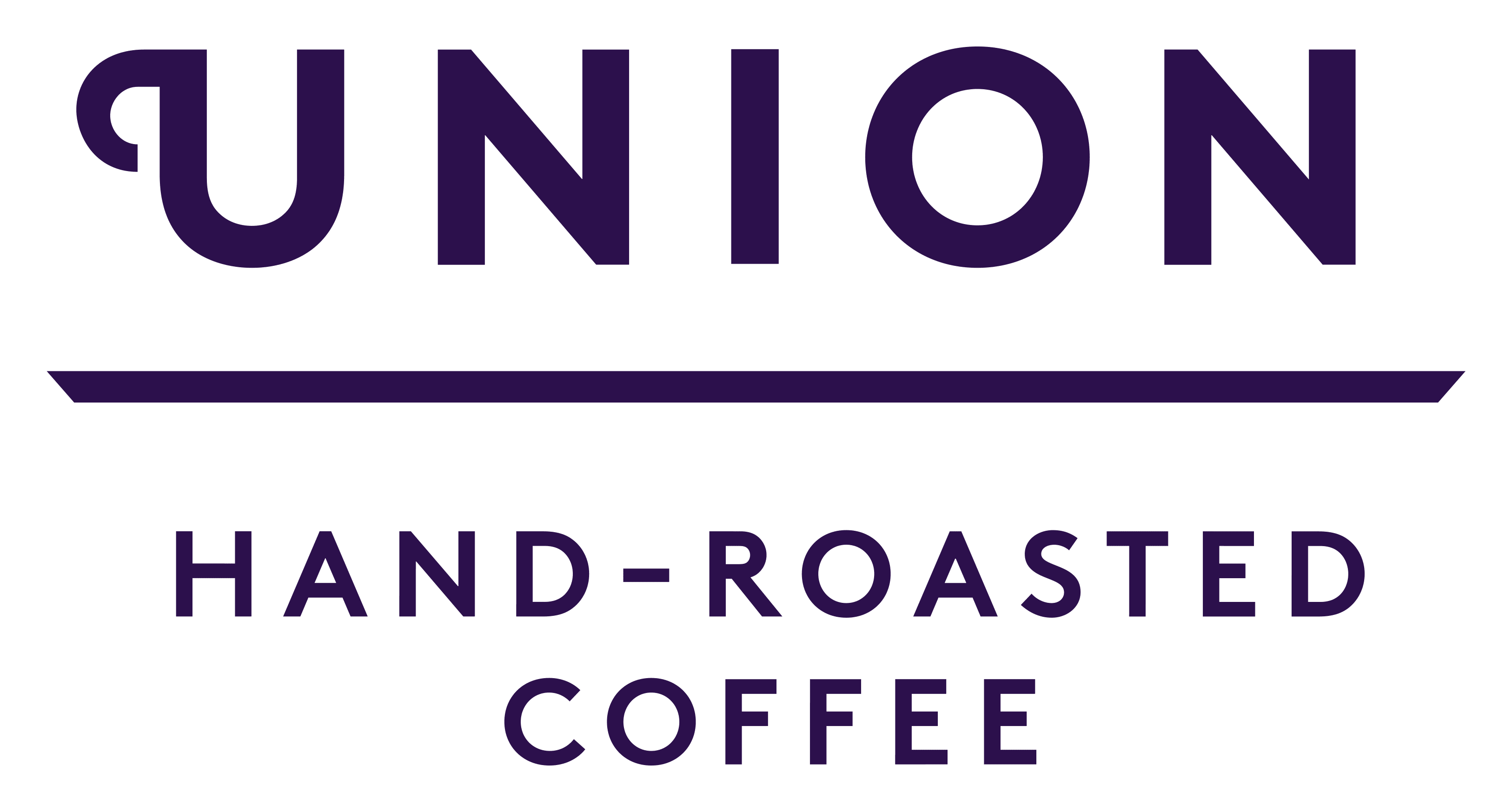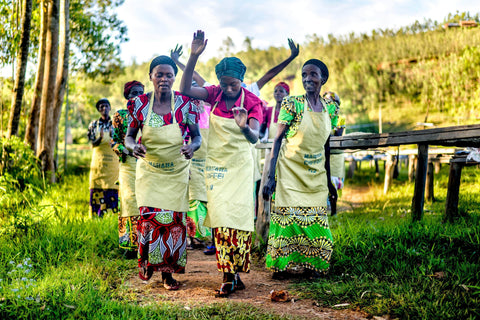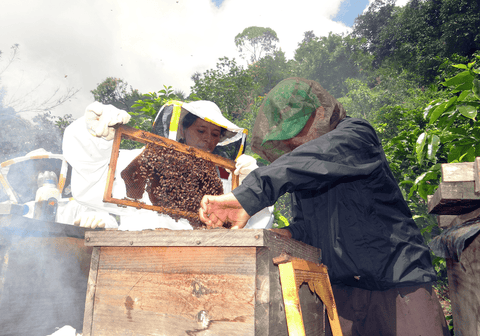Ethiopia is the birthplace of Arabica coffee, and the Yayu Coffee Forest Reserve in Ethiopia is noted for its high levels of natural (wild) coffee genetic diversity. It is also home to around a remarkable number of species: 450 flowering plants, 50 mammals, 200 birds, and 20 amphibians.
Coffee farming occurs within the forests of the buffer zone and transition areas of the reserve, and generates up to 70 per cent of the cash income for over 90 per cent of the local population. However, most farmers in the area are struggling to make sufficient income from coffee, causing a conversion from a forest-based farming system to other types of farming. This invariably leads to forest loss, a reduction in biodiversity and ecosystem services, and a narrowing of income diversity.
In 2015 we started a project with The Royal Botanic Gardens, Kew, with a Darwin Initiative grant from DEFRA, called ‘Mainstreaming Biodiversity, Conservation and Climate Resilience at Yayu Biosphere Reserve, Ethiopia.’ The project aims to: increase the income from coffee reduce land-use conversion preserve biodiversity minimise farmers' vulnerability to climate change The most important factor restricting coffee income at Yayu is coffee quality. Union’s role in the project is to provide training and support in coffee farming, picking, and processing to improve the quality of coffee. We also provide a route to market for the coffee.
The project aims to:
- increase the income from coffee
- reduce land-use conversion
- preserve biodiversity
- minimise farmers' vulnerability to climate change
The most important factor restricting coffee income at Yayu is coffee quality. Union’s role in the project is to provide training and support in coffee farming, picking, and processing to improve the quality of coffee. We also provide a route to market for the coffee.


